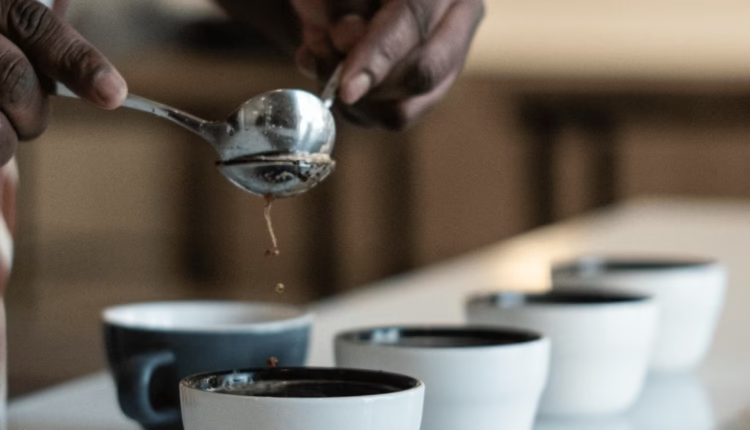A Look at the African School of Coffee’s First Year
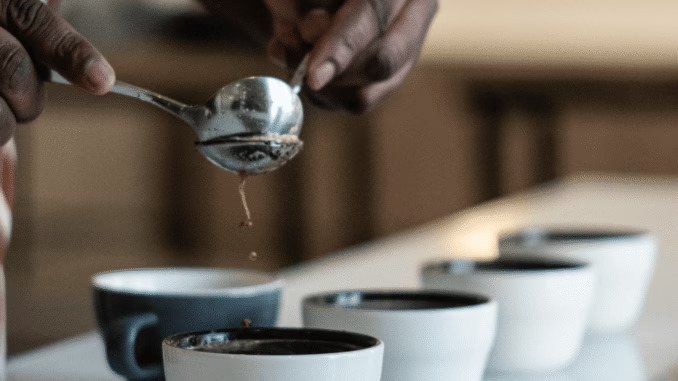
Founded in 2024, the African School of Coffee trains with a purpose. Today, we learn more about the Cape Town nonprofit and its mission.
BY VASILEIA FANARIOTI
SENIOR ONLINE CORRESPONDENT
Photos courtesy of African School of Coffee
The African School of Coffee (ASC) is a nonprofit training academy in Cape Town, South Africa, founded in August 2024 with the support of Origin Coffee Academy, Truth Coffee School, and Tribe Coffee’s Academy. Created to rethink how coffee education is delivered and who it reaches, ASC is focused on access, equity, and leadership in the industry.
We spoke with Kimbal Stokes, Head of Operations, about ASC’s mission, its approach to training, and how it’s reshaping the future of coffee education in Africa.
Barista Magazine: The African School of Coffee champions empowerment through the lens of African coffee. What does that mission mean to you personally, and how does it guide your work as Head of Operations?
Kimbal Stokes: To me, that mission is not decorative. It is a demand. We are not here to simply celebrate the idea of African coffee. We are here to fight for the people who grow it, brew it, serve it, and are too often left out of its narrative.
As Head of Operations, my job is to ensure that every system we build, every course we run, and every partnership we form reflects that mission. We are unapologetically pro-people. I am not in this industry for the coffee. I love and respect the craft, but I am here for the people behind it. That is where my loyalty lies.
And of course, none of this happens in isolation. ASC is collaborative at its core. From my colleague Kwandile Sikhosana, whose vision has sharpened my own, to Sipho Luningo, our senior trainer, who reminds me daily that he is holding ASC together, to Nikita Hadfield, whose groundedness is integral to our operations—this is not a one-person project. It really does take a village.
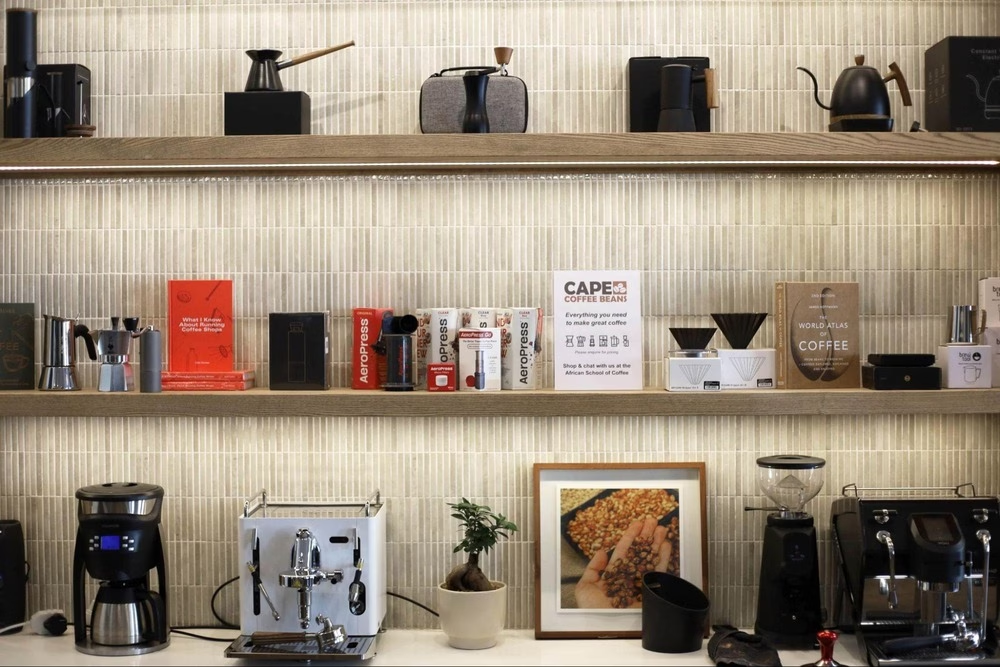

Africa is the birthplace of coffee, yet many producers and professionals on the continent still face systemic challenges. How is ASC addressing these gaps through training and community building?
We cannot keep calling Africa the birthplace of coffee if we are not going to platform its people. At ASC, training is not just about skill—it’s about access. It’s about transforming the story from gatekeeping to sharing.
We are not building careers; we are building leadership. We are investing in people who have been locked out of traditional education routes and creating space for them to reimagine what this industry could be for them. We do not run a school for coffee. We run a school for empowerment, grounded in dignity and driven by radical inclusion.
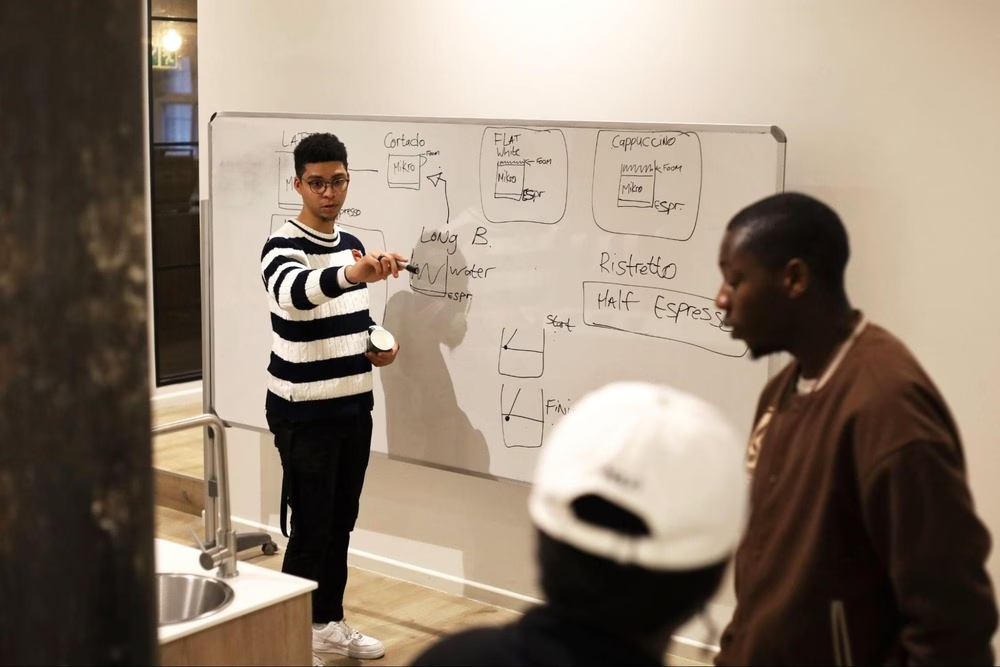

What makes ASC’s training programs distinct from more conventional coffee education?
Every ASC course begins with who the student is. Not who they are supposed to be, not what their resume says, but their story and their circumstances. From professional barista training to small business development, our programs are built with intention.
Yes, we teach coffee as a craft. But we also teach communication, identity, advocacy, ethics, and practical business skills. What makes us different is that we do not train people to fit into a system. We train them to question it—and, when necessary, rebuild it.
You emphasize upskilling young professionals. Can you share a success story that captures ASC’s impact?
One student came to us quiet, nervous, and completely new to coffee. By the end of the course, they were leading a training demo and got hired the following week. That alone would be enough, but what stayed with me was the shift in posture—they stood taller, spoke with conviction, and believed in themselves.
We’ve had students who went on to compete nationally, others who started small businesses, and many who now train others. The transformation is not just professional. It is personal, and that is the most powerful part.
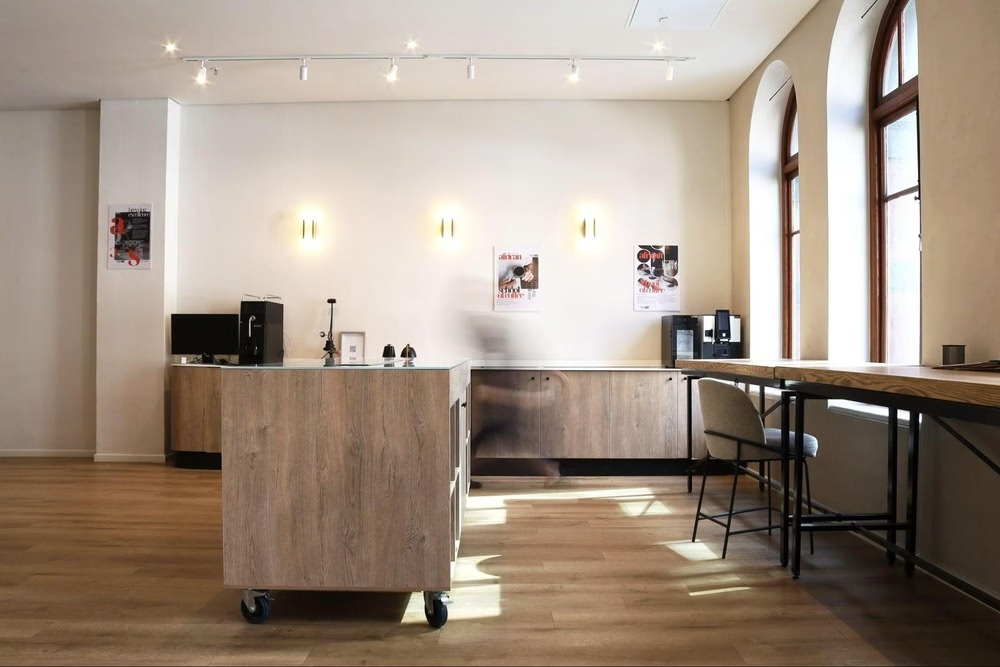


ASC is a nonprofit. What role do donors and partners play in expanding your reach and impact?
We are not interested in charity. We are looking for aligned partnerships rooted in justice and shared responsibility.
Our partners—including La Marzocco, Electrical Industries, YOCO, and Truth Coffee Roasting—play a vital role. But their role cannot end at financial support. It must involve active participation and a commitment to meaningful, long-term change.
We are building something that challenges how this industry has operated for decades. That takes courage. The global coffee community has the resources to shift the balance of power—it’s time we stop pretending otherwise.
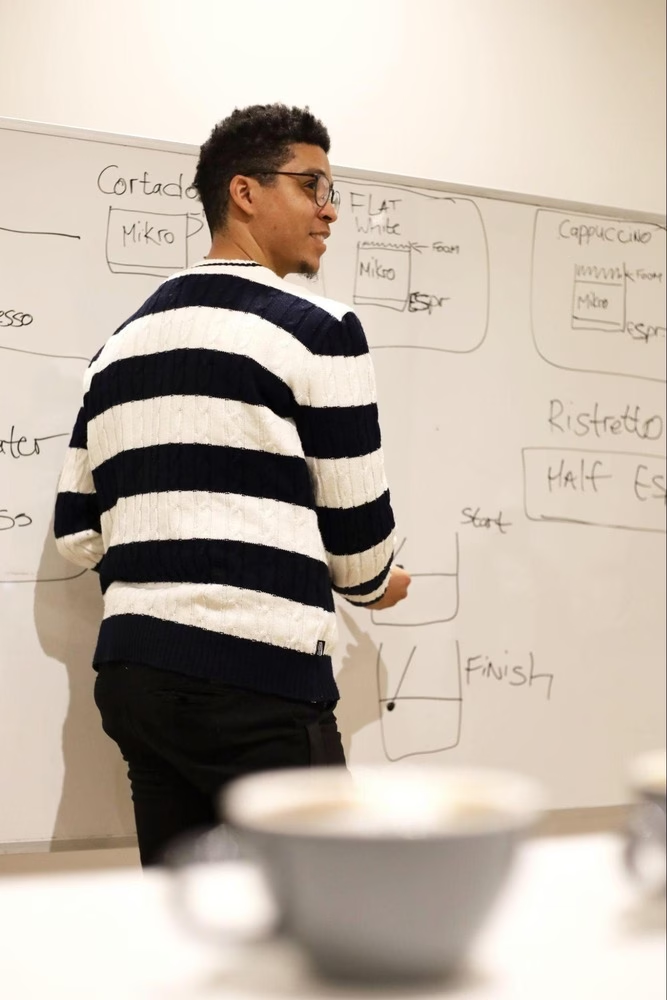


Community is one of ASC’s core values. What does a thriving coffee community look like to you?
A thriving coffee community does the hard work of challenging power structures. It actively creates space for women, marginalized voices, people with disabilities, individuals from disadvantaged backgrounds, and people of different faiths.
We’ve made mistakes too. There was a time when ASC fell short of our own values. We learned from it, and it reaffirmed why we must be intentional about who we give the mic to. Our platform must always elevate those building the industry we want—not replicate the one we are trying to move away from.
A thriving future for coffee will require a fight. And if we do not show up for that fight, we will lose the soul of this industry.
There is a growing global conversation about decolonizing coffee and reclaiming African narratives. How does ASC engage in that dialogue?
We don’t approach the dialogue—we live it. In South Africa, more than 8 million people are unemployed, and youth unemployment is close to 46 percent. One in four people lives in extreme poverty. These are not distant statistics; they are the context we wake up to.
At ASC, this reality is not background noise. It is the reason we exist. Decolonizing coffee means refusing to frame African excellence as an exception. It means dismantling the systems that gatekeep access and recognition.
We are not asking to be included. We are building spaces that center African voices, leadership, and futures. This isn’t a campaign anymore—it is survival.
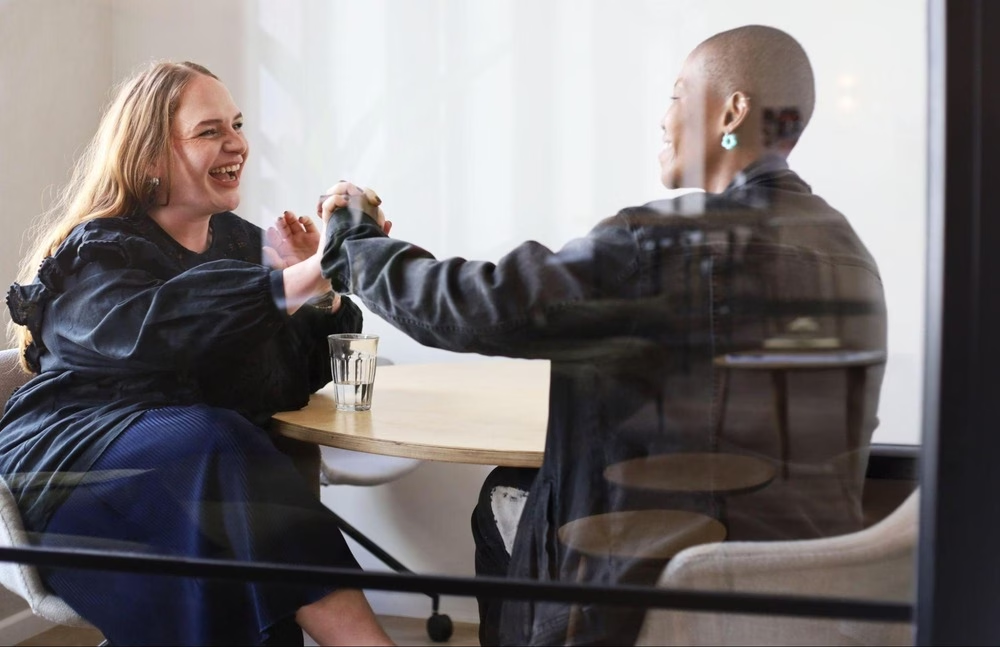


Looking ahead, what is your vision for ASC over the next five years?
Our aim is for ASC’s impact to be felt across the entire coffee industry—from cafés and roasteries to competition stages and policy tables. Graduates are not just being trained to participate, but to lead and reshape the future of coffee.
That includes expanding access, offering more courses, and reaching further communities—all while holding firmly to the values that ground our work. Growth without integrity is not the goal.
What excites me most is the shift in conversation. More people are asking hard questions and listening intentionally. Change is not only possible—it is already underway.
ABOUT THE AUTHOR
Vasileia Fanarioti (she/her) is a senior online correspondent for Barista Magazine and a freelance copywriter and editor with a primary focus on the coffee niche. She has also been a volunteer copywriter for the I’M NOT A BARISTA NPO, providing content to help educate people about baristas and their work.
Subscribe and More!
As always, you can read Barista Magazine in paper by subscribing or ordering an issue.
Read the August + September 2025 Issue for free with our digital edition.
For free access to more than five years’ worth of issues, visit our digital edition archives here.
Source: Barista Magazine



